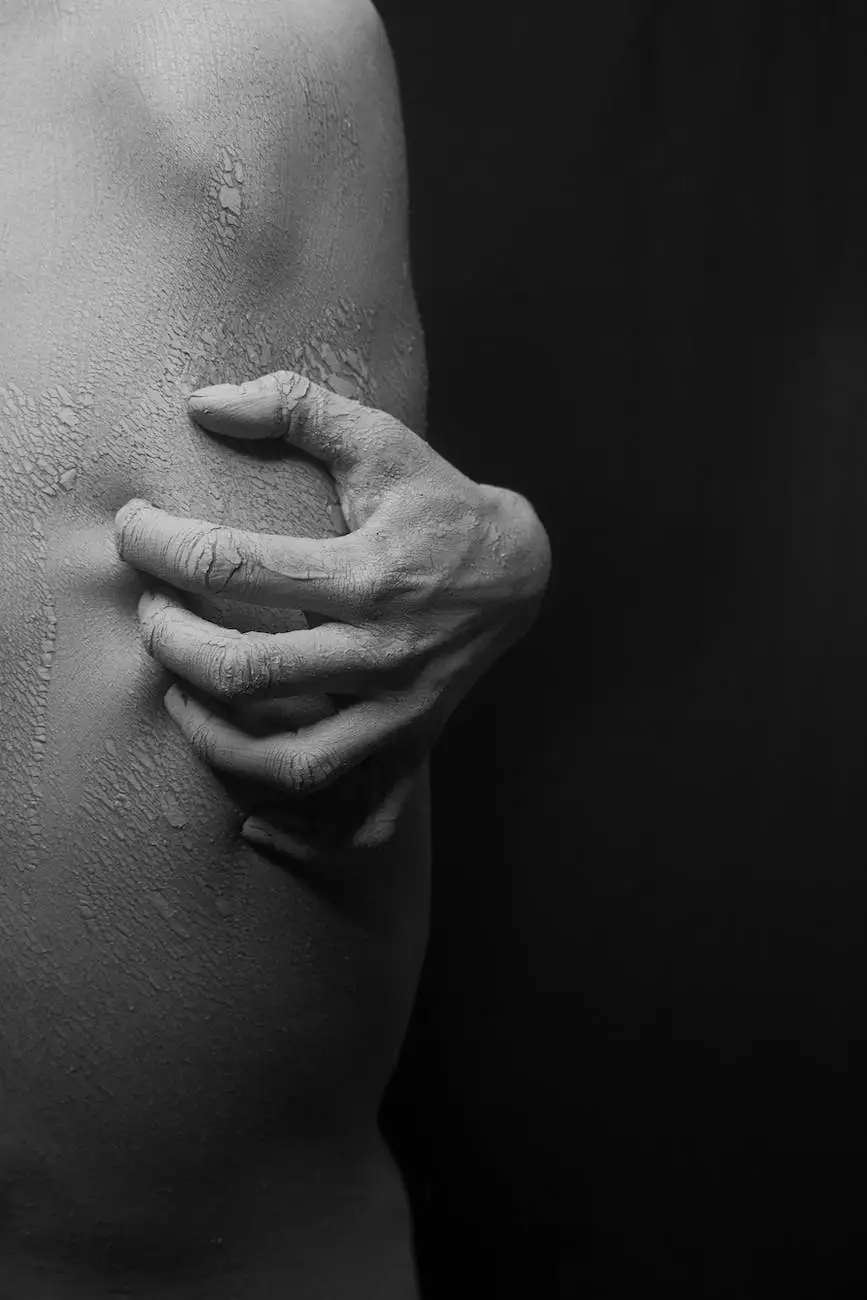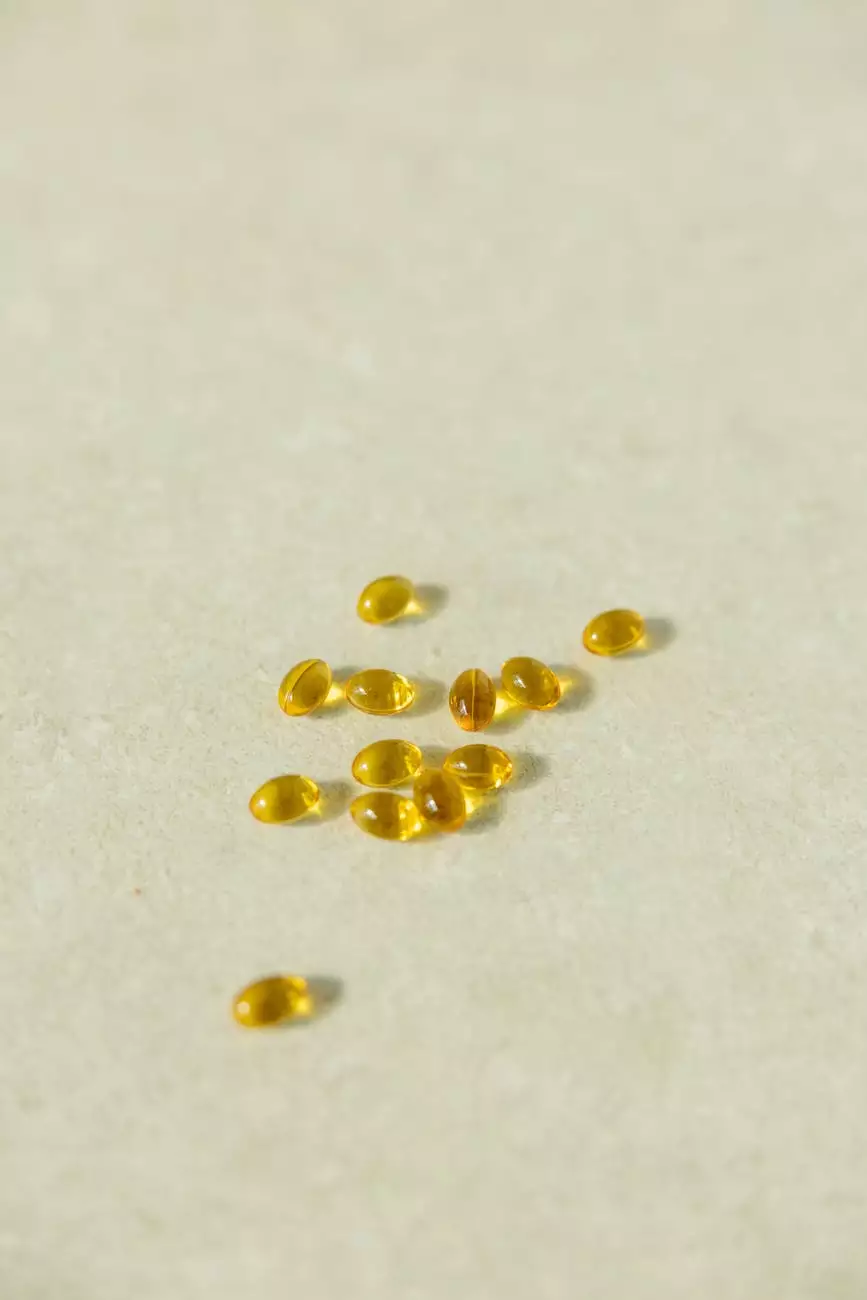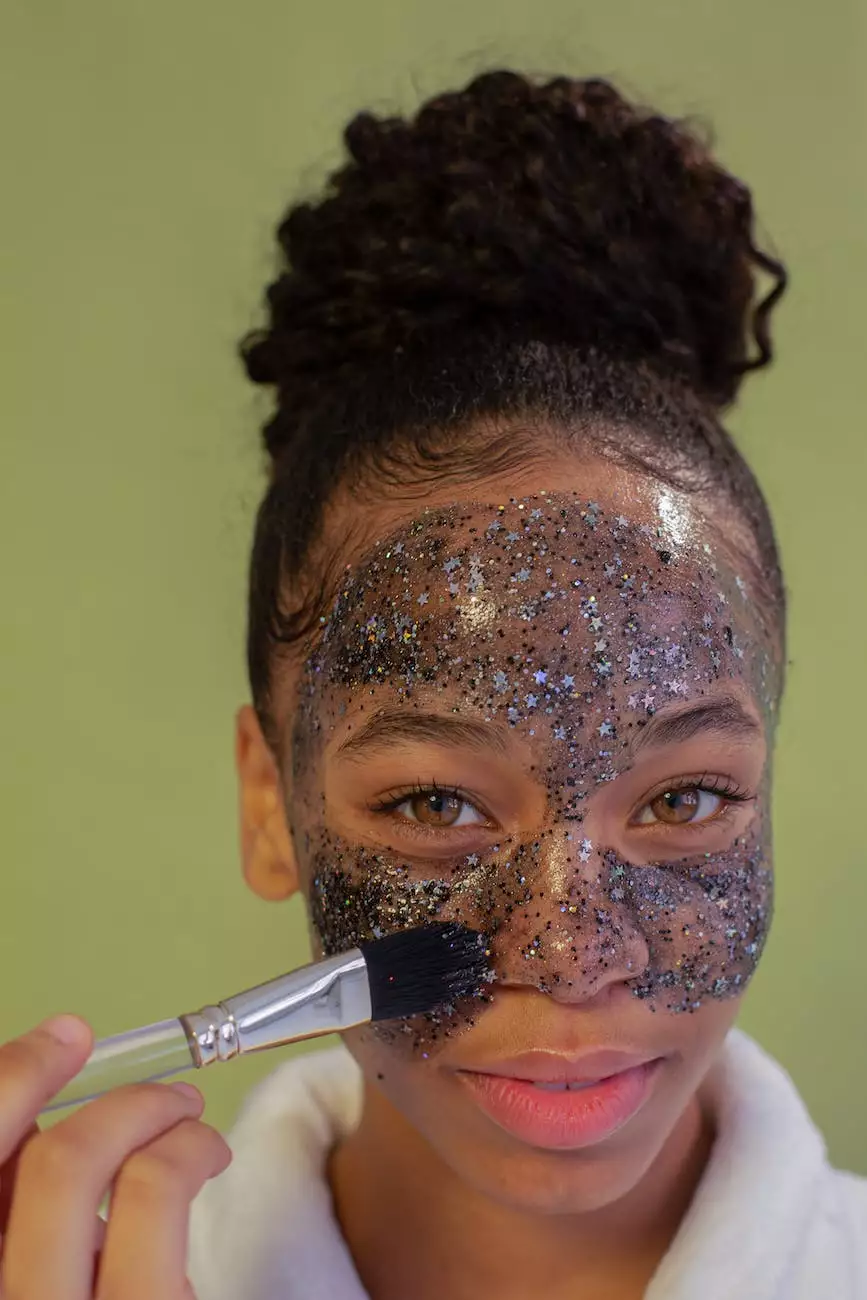Seborrheic Dermatitis Matthews, NC - Charlotte
Services
Understanding Seborrheic Dermatitis and Its Impact
At Greater Carolinas Womens Center, we specialize in providing comprehensive care for seborrheic dermatitis in Matthews, NC - Charlotte. Our experienced team of dermatologists understands the challenges faced by individuals dealing with this common skin condition.
Seborrheic dermatitis is a chronic inflammatory skin condition that primarily affects areas such as the scalp, face, and torso. It is characterized by redness, itching, flaking, and a greasy or oily appearance of the affected skin. This condition can often lead to discomfort and self-consciousness, impacting an individual's overall quality of life.
Causes and Symptoms of Seborrheic Dermatitis
Seborrheic dermatitis is believed to be caused by a combination of genetic, environmental, and hormonal factors. Some common triggers include stress, seasonal changes, certain skincare products, and the overgrowth of a yeast called Malassezia on the skin.
Common symptoms of seborrheic dermatitis include:
- Red, inflamed skin
- Itchy or easily irritated skin
- Flaky or scaly patches
- Oily or greasy appearance
- Crusty or yellowish scales
- Hair loss in severe cases
Effective Treatment Options
At Greater Carolinas Womens Center, we offer tailored treatment plans to effectively manage seborrheic dermatitis and help you find relief from your symptoms. Our dermatologists will conduct a thorough evaluation of your condition and medical history to determine the most suitable approach for you.
Treatment options may include:
- Medicated Shampoos: Specialized shampoos containing ingredients such as ketoconazole, selenium sulfide, or salicylic acid can help control seborrheic dermatitis on the scalp.
- Topical Corticosteroids: Creams or ointments containing corticosteroids can reduce inflammation and alleviate itching.
- Antifungal Creams: These creams target the overgrowth of yeast and effectively manage the symptoms of seborrheic dermatitis.
- Calcineurin Inhibitors: Non-steroidal creams containing calcineurin inhibitors can be used as an alternative to corticosteroids and help control inflammation.
- Light Therapy: In some cases, phototherapy using specific wavelengths of light can help improve symptoms and reduce inflammation.
Preventive Measures and Self-Care
In addition to medical treatment, incorporating certain self-care practices into your daily routine can help manage seborrheic dermatitis effectively. These measures include:
- Regularly washing the affected areas with mild, fragrance-free cleansers
- Avoiding harsh skincare products that can irritate the skin
- Gently massaging the scalp to remove scales before shampooing
- Using a moisturizer to keep the skin hydrated and reduce flaking
- Avoiding stress and practicing stress-management techniques
Compassionate Dermatology Services in Matthews, NC - Charlotte
At Greater Carolinas Womens Center, we strive to provide compassionate and personalized care to individuals dealing with seborrheic dermatitis. Our team of skilled dermatologists is dedicated to helping you achieve healthier, clearer skin.
If you are struggling with seborrheic dermatitis or any other skin concern, we invite you to schedule an appointment with us. Contact Greater Carolinas Womens Center today and take the first step towards finding effective solutions for your skin-related issues.



